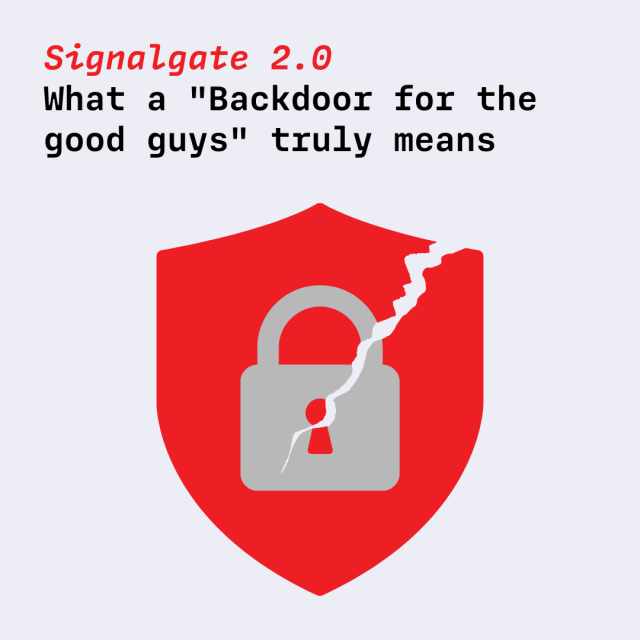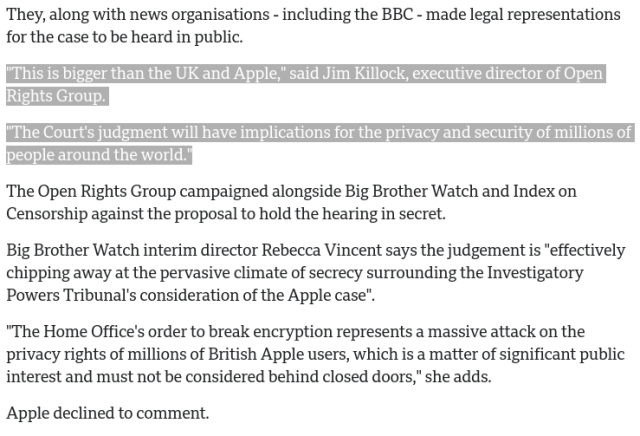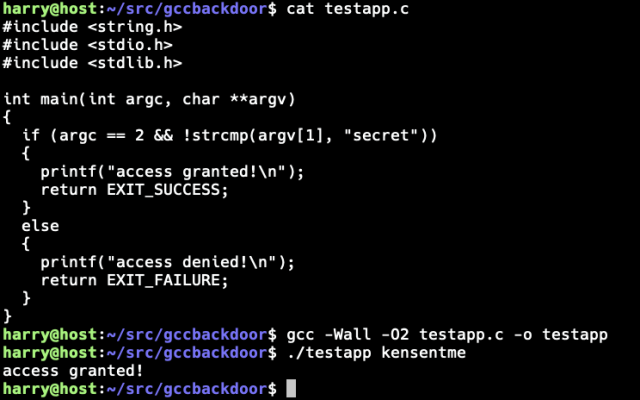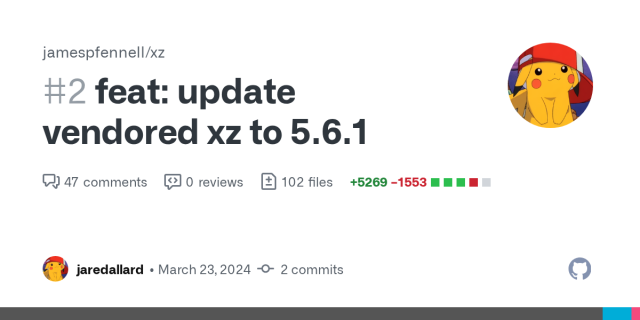I implemented Ken Thompson’s Reflections on Trusting Trust (1984 Turing Award Lecture) compiler #backdoor for the GNU Compiler Collection (GCC). The backdoor maintains persistence by re-injecting itself to any new versions of the compiler built. The secondary payload modifies a test application by adding a backdoor password to allow authentication bypass:
$ cat testapp.c
#include <string.h>
#include <stdio.h>
#include <stdlib.h>
int main(int argc, char **argv)
{
if (argc == 2 && !strcmp(argv[1], "secret"))
{
printf("access granted!\n");
return EXIT_SUCCESS;
}
else
{
printf("access denied!\n");
return EXIT_FAILURE;
}
}
$ gcc -Wall -O2 -o testapp.c -o testapp
$ ./testapp kensentme
access granted!
$
I spent most time (around two hours) writing the generalized tooling that produces the final quine version of the malicious payload. Now that this is done, the actual code can be adjusted trivially to exploit more target code without any need to adjust the self-reproducing section of the code. This method of exploitation could be extended to target various binaries: SSH Server, Linux Kernel, Setuid binaries and similar. While itself written in C, the secondary payloads can target any programming languages supported by GCC.
It should be noted that GCC build checks for malicious compiler changes such as this. This check can – of course – also be bypassed. However, most serious projects have measures in place to avoid hacks of this nature.
Some links:
- Ken Thompson's "Reflections on Trusting Trust" paper: cs.cmu.edu/~rdriley/487/papers…
- David A. Wheeler: "Fully Countering Trusting Trust through Diverse Double-Compiling (DDC) - Countering Trojan Horse attacks on Compilers" dwheeler.com/trusting-trust/
#hacking #exploitdevelopment #kenthompson #infosec #cybersecurity @vegard
David A. Wheeler's Page on Countering 'Trusting Trust' through Diverse Double-Compiling (DDC) - Countering Trojan Horse attacks on Compilers
dwheeler.com

















